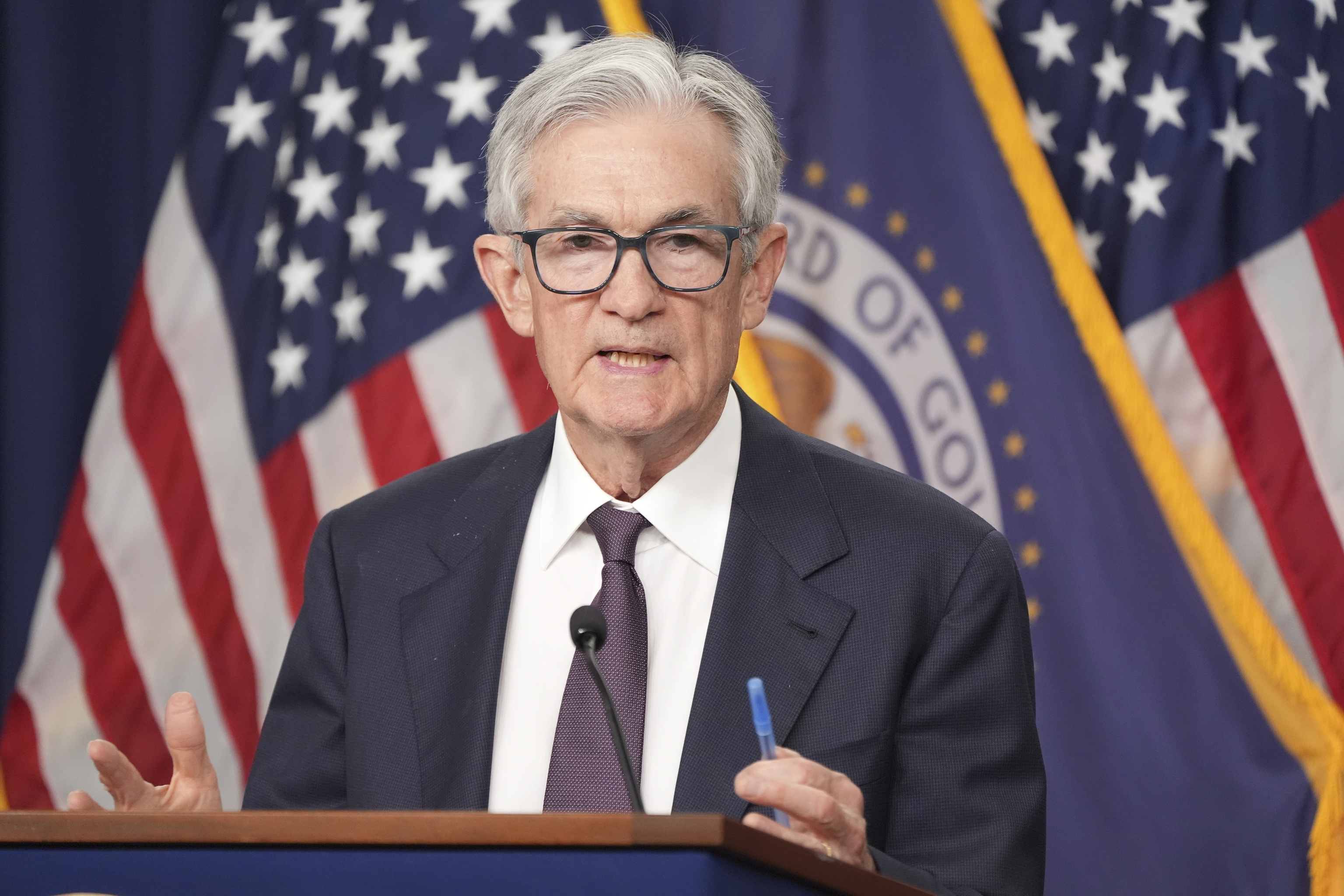The President of the Federal Reserve, Jerome Powell, visited the White House on Thursday, the first invitation since Donald Trump returned to power on June 20 and since they met in 2019. It was not a simple meeting. Powell was appointed by the Republican leader in February 2018 and was reelected, now with Joe Biden, in May 2022. However, he has been the target of all kinds of pressures and insults from the President, who wants, demands, that the Fed lower interest rates immediately. And who has threatened on several occasions to dismiss him, although legally he cannot do so before the end of next year when his term ends.
Powell, in all his interventions in recent months, has made it clear that he and his team will make decisions they deem appropriate, distancing themselves from the administration and specifically pointing to the erratic economic and tariff policy of the President, which he blames for market uncertainty and the first-quarter contraction of the year. And today, precisely hours after a court overturned Trump's tariffs, he wanted to emphasize more than ever his independence.
"At the invitation of President Trump, President Powell met with him today at the White House to discuss economic developments, including growth, employment, and inflation. Powell stated that he and his FOMC colleagues will set monetary policy, as required by law, to promote maximum employment and price stability, and that they will make those decisions based solely on careful, objective, and non-political analysis," says the strong statement from the Federal Reserve.
The last sentence is key, full of strength. Only a "non-political and objective analysis," in the midst of Trump's team's campaign, whose main advisors are positioning themselves to be his replacement, whether the administration goes on the offensive by dismissing Powell, or if they wait until 2026 to appoint a much more accommodating leader.
But the first sentence also has a double symbolism. Because Trump is obsessed with who issues the invitations, and always emphasizes that it is others, world leaders and national politicians, who beg for audiences with him. And second, because Powell said earlier this month that he had never requested a meeting with the country's president and would not do so. "I don't think it's the responsibility of the Federal Reserve chairman to seek a meeting with the president, although maybe some have done so. I have never done it and I can't imagine doing it," he stated.
Just yesterday, Trump went on the attack again on his social media, sharing an article in which the director of the FHFA, the federal agency responsible for housing finance, Bill Pulte, urged a change in monetary policy. "Jay Powell needs to lower interest rates; enough is enough. President Trump has crushed Biden's inflation, and there is no reason not to lower rates. The real estate market would be in a much better position if President Powell did this," they demanded.
In recent weeks, Trump has described Powell as an "idiot" and a "big loser," saying that his dismissal "cannot come fast enough." The Fed President, on his way out, said that in the meeting, he "did not address his expectations regarding monetary policy," except "to emphasize that the policy path will depend entirely on the economic information received and its impact on the outlook." Lines that in central bank language are as unequivocal as can be.
The U.S. central bank had planned for four interest rate cuts in 2025, totaling one percentage point, but tariffs and doubts about GDP have changed the plans. Markets assume that the Fed will keep interest rates steady until there is more clarity and that there will be no rate cuts at least until September, and perhaps again before December. But everything will depend on inflation, employment, and whether the first-quarter contraction, more of a statistical phenomenon than a paralysis of activity, turns into a recession.
